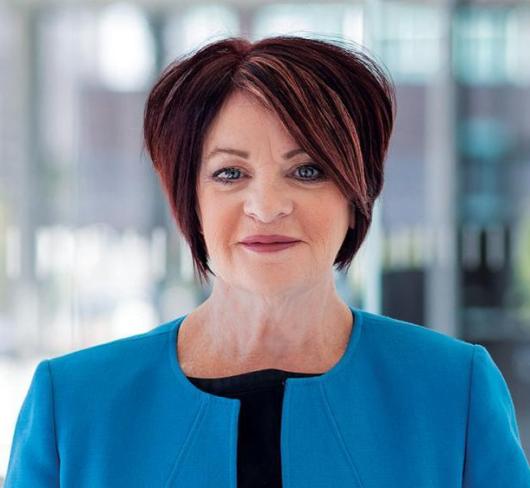The Price of a Wage Freeze (From the General Secretary)
In July, the Minister of Finance invited ETFO and other public sector unions to a meeting to discuss compensation. The Minister indicated that the government would ask all public sector workers in Ontario to accept a 0% wage increase for the first two years of their next collective agreement (For ETFO members the next collective agreement begins in September 2012). The government subsequently invited all the public sector unions to participate in consultations related to its wage freeze proposal. For the education sector, these consultations began with a meeting on September 20 and 21. The government set an October 8 deadline for the talks.
Your provincial executive decided that ETFO would participate in these talks only under certain conditions. These were based on our experience during the last round of bargaining when ETFO was asked to participate in forging a provincial framework agreement with the government and the Ontario Public School Boards’ Association (OPBSA).
- The 2% salary shortfall imposed on ETFO members must be restored.
- OPSBA must not be involved in the talks and must not be a signatory to any resulting agreement.
- ETFO must have sufficient time to consult local leaders and members.
- Any agreement reached must include enforcement provisions.
- Any agreement reached must include both time and a mechanism for the negotiation of local issues.
Your provincial executive also set parameters for how the process would unfold within ETFO. It wanted the negotiation process to be as open and as transparent as possible.
The executive determined the make-up of team that would represent ETFO at the table: the president, the first vice-president, the two vice-presidents, the general secretary, the deputy general secretary, the coordinator of Protective Services, and assigned staff. Executive members and assigned collective bargaining staff would provide support.
The executive also put in place a detailed communications strategy, which included a full meeting of local presidents and negotiators in September, and regular communications by email with your provincial executive and local presidents after each meeting with the government.
Finally, the executive developed an approval process that includes an all-member ratification process once the provincial executive and local leaders have approved a tentative agreement.
The federation and government teams have met several times. ETFO has put forward proposals that would improve the working life of members: some involve additional costs for the government, some are no-cost, and some would generate savings. We have taken the opportunity to point out once again the significant differences in resources and working conditions that exist between the elementary and secondary panels. To date the process has been slowed by the inability of the government team to provide the data we have requested or to respond in a timely way to the issues we have presented.
At this time it is unclear if an agreement is possible. Any agreement that includes a two-year wage freeze will also have to include significant workload relief, improved workplace democracy, and a heightened reliance in schools on the professional judgement of our members. The membership will make the final decision about accepting any agreement that is reached.

